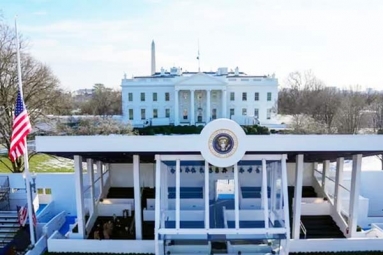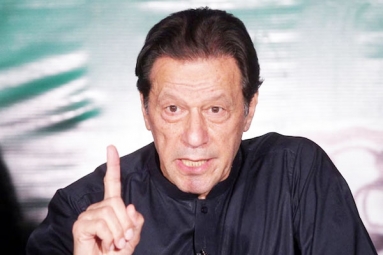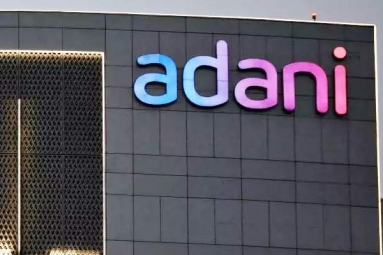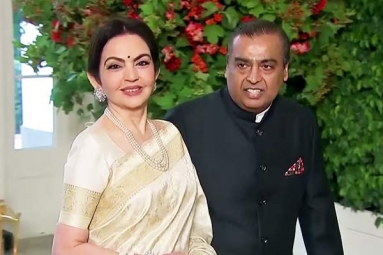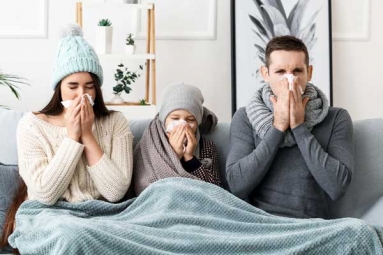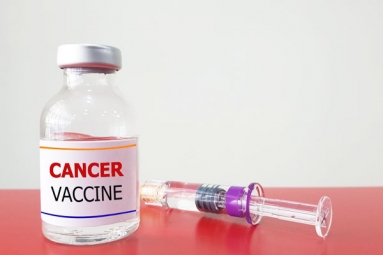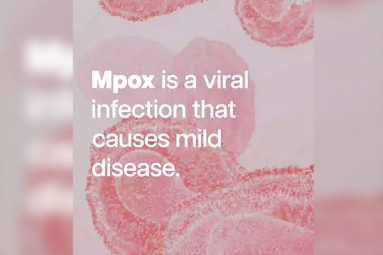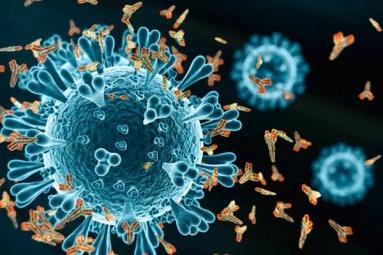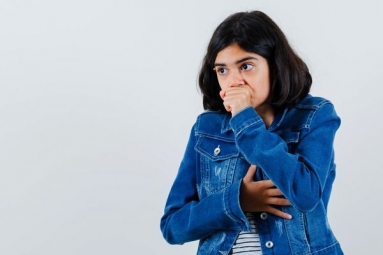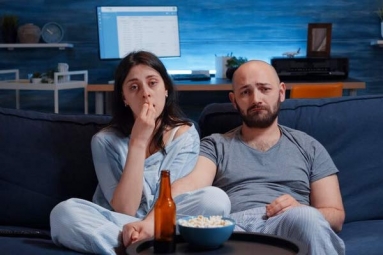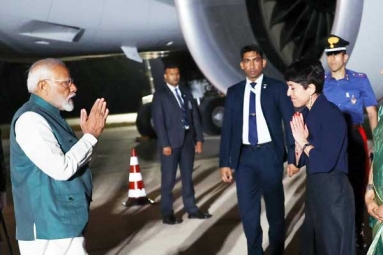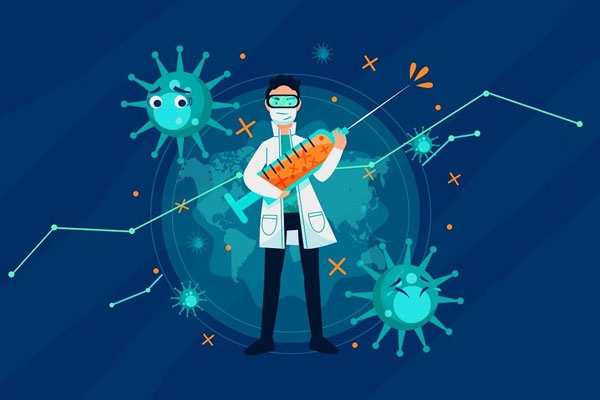
(Image source from: cloudfront.net)
WHO Chief Tedros Adhanom Ghebreyesus criticized the countries securing vaccines and asked them to refrain from vaccine nationalism.
In a press briefing on August 20, WHO Chief Tedros Adhanom Ghebreyesus issued a last-ditch for all the countries to join the global pact and to exercise restraint on vaccine nationalism.
What exactly is vaccine nationalism and why is WHO against it? Know everything in this article.
What is vaccine nationalism?
When countries or nations with more money strike a deal with the pharmaceutical companies and pre-order the vaccines for the country after the vaccine has passed the final stage of the human trials, it is called vaccine nationalism.
The deal makes sure that the pharma company issues the vaccine to this country first before issuing it to the rest of the world.
This vaccine nationalism also comes at a time when many pharma companies are in a race to produce vaccines for COVID-19.
Which countries have already secured their deals?
As per a report by a London based analytic firm, the US, UK, European Union, and Japan have already pre-ordered their vaccine doses about 1.3 billion to each country.
These countries have stuck deals with Pfizer Inc, Johnson & Johnson, and Astra Zeneca Plc even before they had complete their vaccine production.
The US has reportedly agreed to buy about 800 million doses from 6 drugmakers, and the United Kingdom has booked about 280 million doses from 5 pharma companies.
Why is the World Health Organization (WHO) against it?
Pre-securing the vaccines by the developed and money-rich nations like the US will make the vaccine doses be in deficit for the developing countries.
If only some countries will have access to the COVID-19 vaccine and other countries’ fight against the coronavirus battle will become neverending.
If one has to vaccinate the entire US or European Union, for example, then it would need about 1.7 billion doses. And if that is the only number of doses that are available from the pharma company, there will be nothing left for the remaining countries.
If only a handful of 30 or 40 countries would get the vaccines for COVID-19, then the rest of 150 countries will have nothing, and pandemic would never end.
What is the solution for this?
The alternative solution for vaccine nationalism is global collaboration. WHO says that global collaboration can be achieved by the organization-backed COVAX facility mechanism.
The countries that join this collaboration will be assured with the supply of vaccines by the WHO when the human trials of the vaccines will be completed.
The countries will be assured with the number of doses that could at least vaccinate 20 percent of their populations.
Where does India stand in all this?
On August 21, the health minister of India, Dr. Harsh Vardhan said that India is working on the details of the procurement plan. But, it is also important to note that India has the world’s largest manufacturing base that provides two-thirds of the vaccines used across the world.
By Gayatri Yellayi



